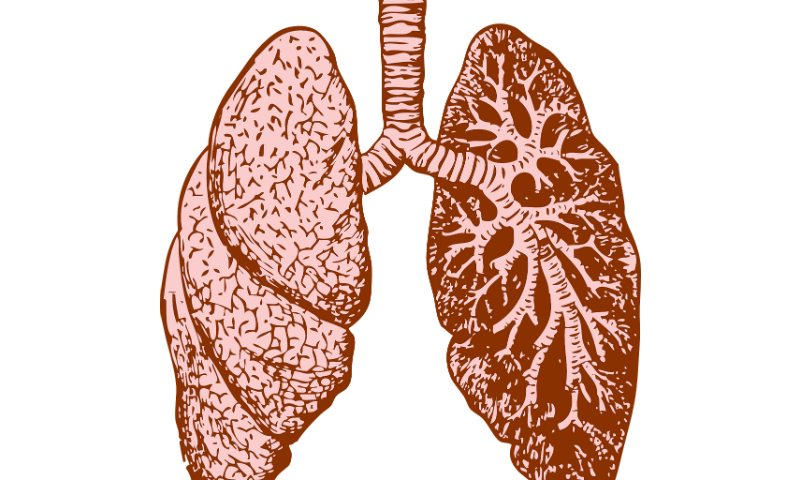To say Acceleron has had a roller coaster of a year would be an understatement. The biotech’s pipeline took a hit in September when it canned a phase 2 study of a prospect in a type of muscular dystrophy, but it soared two months later when luspatercept, its Celgene/Bristol-Myers Squibb-partnered beta thalassemia treatment, earned an FDA nod.
Now, Acceleron is reporting phase 2 success for sotatercept, its candidate for pulmonary arterial hypertension (PAH), a rare disorder in which patients have high blood pressure in the arteries of the lungs. The study randomized 106 patients to receive either placebo or one of two dose levels of sotatercept in an injection just under the skin every three weeks. The patients continued to take their usual PAH medications during the study.
After 24 weeks of treatment, patients treated with sotatercept had lower pulmonary vascular resistance—the amount of resistance that needs to be overcome to push blood through the arteries of the lungs—than patients on placebo.
In addition to meeting its primary endpoint, the study also achieved multiple secondary endpoints, including a test measuring how far patients can walk in six minutes. PAH causes the right side of the heart to work harder to carry blood to the lungs and can eventually lead to weakening or failure of the heart muscle. Patients with PAH often feel shortness of breath, especially during exercise, chest pain, dizzy spells and fainting episodes.
Current PAH treatments aim to dilate the pulmonary arteries and reduce blood pressure. Sotatercept is different—rather than target the endothelial cells that line the inside of blood vessels, it is designed to restore BMPR-II signaling, a key driver of PAH, said trial investigator Dr. Marc Humbert, a professor of medicine and director of the French Pulmonary Hypertension Reference Center at the Université Paris-Saclay, in a statement. Restoring this signaling could prevent and reverse the changes to pulmonary arteries that occur in patients with PAH.
Acceleron will report the top-line data at a medical meeting this year. In the meantime, it’s carrying out an 18-month extension of the study with 97 of the 106 patients.
“We’re thrilled to report such positive topline results from the PULSAR trial,” said Acceleron CEO Habib Dable in the statement. “PAH is a debilitating disease of high unmet medical need, so we’re encouraged by these data that signal that sotatercept could deliver added benefit to patients. We look forward to upcoming interactions with health authorities as we plan to globally develop and, if approved, commercialize sotatercept in PAH.”

